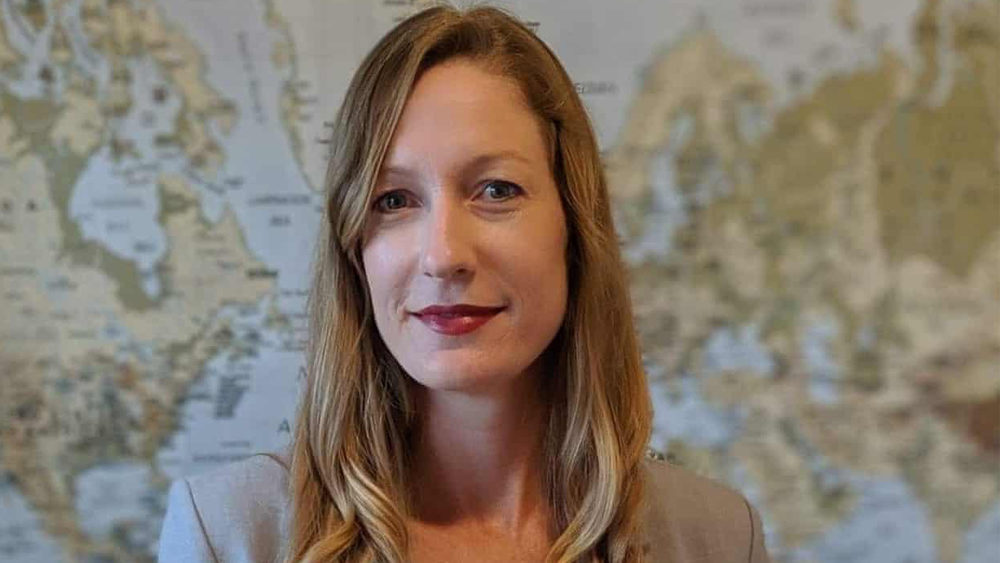"Ballarat case" highlights school staffing issues in Religious Discrimination Bill debate
When Rachel Colvin, a teacher at Ballarat Christian College, refused to sign a new statement of faith that had been strengthened following the same sex marriage plebiscite, she set in train an anti-discrimination case which captures the issues at the heart of Australia’s religious discrimination debate.
The school’s new statement says “God designed the two genders, male and female, for the purpose of joy and procreation within the sole relationship of marriage. So a marriage can only be between a male and a female, and upon this foundation alone should children be conceived and families formed.” Although a Christian, Colvin disagreed.
What happened next is disputed. She “offered to teach in accordance with the school’s beliefs” her lawyer Ann Brown said in a statement issued by Equality Australia. But another account has it round the other way: “the school requested that she still support and teach in accordance with the school’s beliefs while being free to hold different personal views. The teacher was reportedly not prepared to do so.” The three-year saga was settled last week with a monetary payment to Colvin and the school retaining its stance on same-gender marriage.
Another dispute is over whether Colvin left the school because her husband got a job overseas, or because she was discriminated against. The school said they were blindsided by the complaint some time after she left. In this case it is possible both accounts are true.
However, Christian Schools Australia’s Director of Public Policy, Mark Spencer, tells Eternity it was clear when Colvin took the job that it was clear the school had conservative views on LGBTIQ issues.. Crucially Colvin had several stints teaching at the at the school, and was most recently re-employed in 2016. “She took the job knowing what they believed.”
And the school’s beliefs were made clear before the formal change in the statement of faith. “They actually had to close the school because of vandalism following publicity about their views around same sex marriage,” says Spencer.
The mid-sized prep to year 12 school is a member of Christian Schools Australia a key player in the debate.
Supporters of Rachel Colvin, such as her lawyers make the case for her on religious freedom grounds, “Australians shouldn’t be hounded out of jobs simply because their religious beliefs support and affirm same sex relationships and respect the dignity of LGBTIQ people,” said Colvin’s lawyer Ann Brown. Colvin, brought up as an evangelical, educated at a US evangelical college has since adopted a progressive view on LGBTIQ issues, and has been supported by Equality Australia.
However Christian Schools Australia’s Director of Public Policy, Mark Spencer, makes the case that schools just like churches should be able to hold to a specific doctrinal position. He points out why religious groups or institutions not just individuals needto have religious freedom.
“One of the central core aspects of a religious tradition is about preaching and teaching in the Christian context, with variations in other faiths,’ Spencer tells Eternity. “If we can’t teach and preach the faith in Sunday worship but also through schools and other institutions then you don’t really have a faith, you don’t have religious freedom.”
“If we can’t choose our staff there’s no point in having religious schools,” Spencer tells Eternity.
This argument goes to the heart of religious freedom. Religion is expressed by groups as well as individuals – whether in churches, mosques or synagogues. And in institutions designed to pass on the faith – seminaries, yeshivot, or madrassas – or schools.
For this reason a Religious Discrimination Act should take into account the needs of organisations, not simply individuals, to express their religious teaching and worship.
Christian Schools Australia is firm on the principle that “we don’t want people in our schools teaching what they don’t believe.” For Spencer teaching something you don’t believe is “very difficult – that is a fundamental principle.” (In Colvin’s case it is possible that the report of the school asking her to teach the schools perspective without believing all of it was an attempt at compromise.)
During the early part of the religious discrimination debate some ALP figures suggested that schools could require staff to maintain the “ethos” of the school while hiring widely. CSA and others see the “don’t ask don’t tell” policy (once held by the US military) as unworkable. ”
CSA schools and some other networks such as Christian Education National (CEN) have a policy of hiring only Christian staff, including support staff, who accept a statement of faith. But the majority of religious schools in Australia choose only to have some but not all their teaching staff as Christians. The religious discrimination bill has been modified to allow schools to preference rather than insist on Christian staff.
Just over a third (34.4 per cent in 2020) of Australian school students are in non-government schools. The employment prospects off those who do not wish to teach church doctrines, either because the are non-believers or because they differ doctrinally, are not limited to the extent the 34,4 per cent figure might suggest. Catholic schools and the high fee “church schools” have mixed staffs, which in some cases are asked to support the ethos of the school, or not to oppose church teaching. CEN says its enrolments total 20,000. CSA with roughly 130 schools might have 70,000 students. So perhaps 20 per cent at most of the non-government schools sector with its 617,000 students would be closed to Rachel Colvin.
The Colvin case lays bare the balancing act that lies behind anti discrimination law and religion. Both the school and Colvin have religious views on the contentious topic. The school’s religious freedom, just like a church’s involves setting out its doctrine and inviting people to join them. Or not. Because even religious school’s staffing policies vary so much, Colvin will find some schools that she can teach in and others not within a very broad spectrum.



